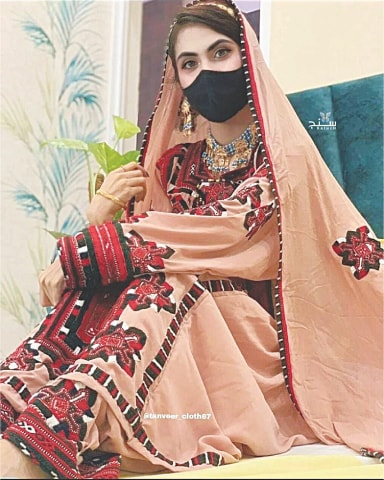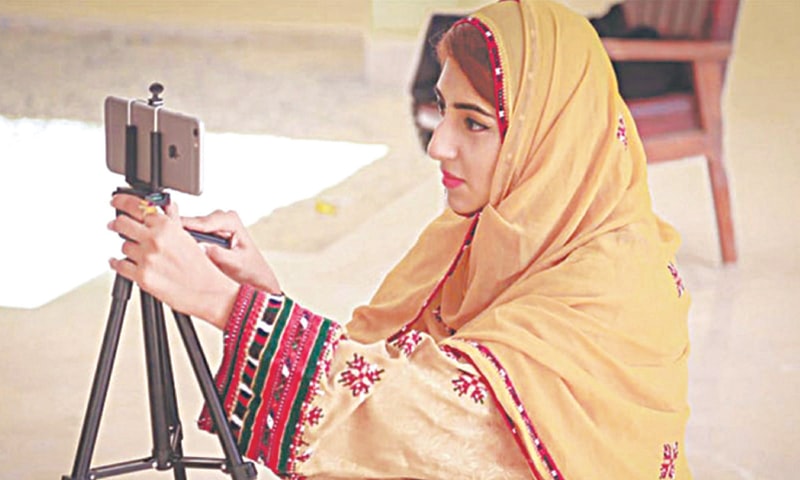Timeline of former prime ministers arrested in Pakistan
Former prime minister and PTI chief Imran Khan was arrested by Punjab police on Saturday afternoon from his Zaman Park residence in Lahore. The arrest came shortly after an Islamabad trial court declared him guilty of “corrupt practices” in the Toshakhana case.
This is the second time that the former premier has been arrested in just under three months. Earlier on May 9, Imran was detained in Islamabad from the high court’s premises in the Al-Qadir Trust case.
But Imran isn’t the first former premier to be arrested or to even face legal charges. Pakistan has a long history of incarcerating individuals who have held the country’s top executive office.
Here, Dawn.com presents a timeline of former prime ministers of Pakistan who at one point or another spent time in custody.
1960s

Jan 1962: Huseyn Shaheed Suhrawardy was the fifth prime minister of Pakistan (Sept 1956-Oct 1957). He refused to endorse Gen Ayub Khan’s seizure of government. Through the Elective Bodies Disqualification Order (Ebdo), he was banned from politics and was later accused of violating the Ebdo in July 1960. In Jan 1962, he was arrested and put in solitary confinement in the Central Jail of Karachi without trial on concocted charges of “anti-state activities” under the 1952 Security of Pakistan Act.

1970s

Sept 1977: Zulfikar Ali Bhutto served as the prime minister from Aug 1973 to July 1977. In Sept 1977, he was arrested for conspiring to murder a political opponent in 1974.

He was released by Lahore High Court Justice Khwaja Mohammad Ahmad Samdani who stated that his arrest had no legal grounds, but was arrested again three days later under Martial Law Regulation 12. The regulation empowered law enforcement agencies to arrest a person who was working against security, law and order, or the smooth running of martial law. This law could not be challenged in any court of law.
Bhutto was eventually sentenced to death and executed on April 4, 1979.
1980s

Aug 1985: Benazir Bhutto served as Pakistan’s prime minister twice (Dec 1998-Aug 1990 and Oct 1993-Nov 1996). Under Ziaul Haq’s dictatorship (1977-1988), Benazir served as an opposition leader. She arrived in Pakistan in Aug 1985 for her brother’s funeral and was put under house arrest for 90 days.

Aug 1986: Benazir Bhutto was arrested for denouncing the government at a rally in Karachi on Independence Day.
1990s
May 1998: The Ehtesab Bench of the Lahore High Court issued bailable arrest warrants for Benazir Bhutto.
June 1998: The Public Accounts Committee issued an arrest warrant against Benazir Bhutto.
July 1998: The Ehtesab Bench issued a non-bailable arrest warrant against Benazir Bhutto.

April 1999: Benazir Bhutto was sentenced to five years and disqualified from holding public office by the Ehtesab Bench on charges of taking kickbacks from a Swiss company hired to fight customs fraud. She was not in the country at the time of the verdict and the conviction was later overturned by a higher court.
Oct 1999: The Ehtesab Bench re-issued non-bailable arrest warrants for Benazir Bhutto due to her non-appearance before the court in the assets reference case.

2000s

Sept 2007: Nawaz Sharif returned to Pakistan after being cast into exile by Gen Pervez Musharraf in 1999. On his return to Islamabad, the airport was sealed and Nawaz was arrested within hours of his return and sent to Jeddah, Saudi Arabia, to complete the three remaining years of his 10-year exile.

Nov 2007: Benazir was put under house arrest for a week in Punjab at PPP Senator Latif Khosa’s house to prevent her from leading a long march against Gen Musharraf’s dictatorial government.

2010s
July 2018: Nawaz was arrested and given a 10-year sentence for corruption by the National Accountability Bureau (NAB) along with his daughter Maryam Nawaz. He was released two months later when the court suspended the sentences to wait for a final judgement by the high court.
Dec 2018: Nawaz was jailed again and given a seven-year sentence in relation to his family’s ownership of steel mills in Saudi Arabia. In November 2019, he was allowed to leave the country to receive medical treatment. He has since not returned to Pakistan.

July 2019: PML-N’s Shahid Khaqan Abbasi served as the prime minister of Pakistan from January 2017-May 2018. On July 19, he was arrested by a 12-member NAB team for alleged corruption while awarding a multi-billion rupee import contract for LNG in 2013 when he was the minister for petroleum and natural resources. He was granted bail and released from Adiala Jail on Feb 27, 2020.
2020s

Sept 2020: The current prime minister of Pakistan, Shehbaz Sharif, was arrested on Sept 28 after the Lahore High Court rejected his bail in a NAB money laundering case. He was released from Lahore’s Kot Lakhpat central jail nearly seven months later.

March 2023: Two separate arrest warrants were issued for Pakistan Tehreek-i-Insaf Chairman and former prime minister Imran Khan after he skipped proceedings in cases pertaining to alleged threats issued to a judge and the Toshakhana gifts. Party supporters had gathered outside Khan’s residence in Zaman Park to prevent his arrest. The standoff resulted in violence with security personnel firing tear gas shells at protestors.
May 2023: Imran Khan was arrested from the premises of the Islamabad High Court on May 9 on corruption charges in a case related to the Al Qadir University Trust. He was subsequently released two days later, with the Supreme Court declaring his arrest “invalid and unlawful”.

August 2023: Almost three months after his arrest and subsequent release in the Al Qadir Trust case, the former premier was arrested by Punjab police from his Zaman Park residence in Lahore.
Announcing its verdict, the court sentenced Imran — who was absent from court — to three years in prison and imposed a fine of Rs100,000 on him for concealing details of Toshakhana gifts. His lawyers were also not present.
This article was originally published on May 9, 2023, and has been updated to reflect the latest developments.








